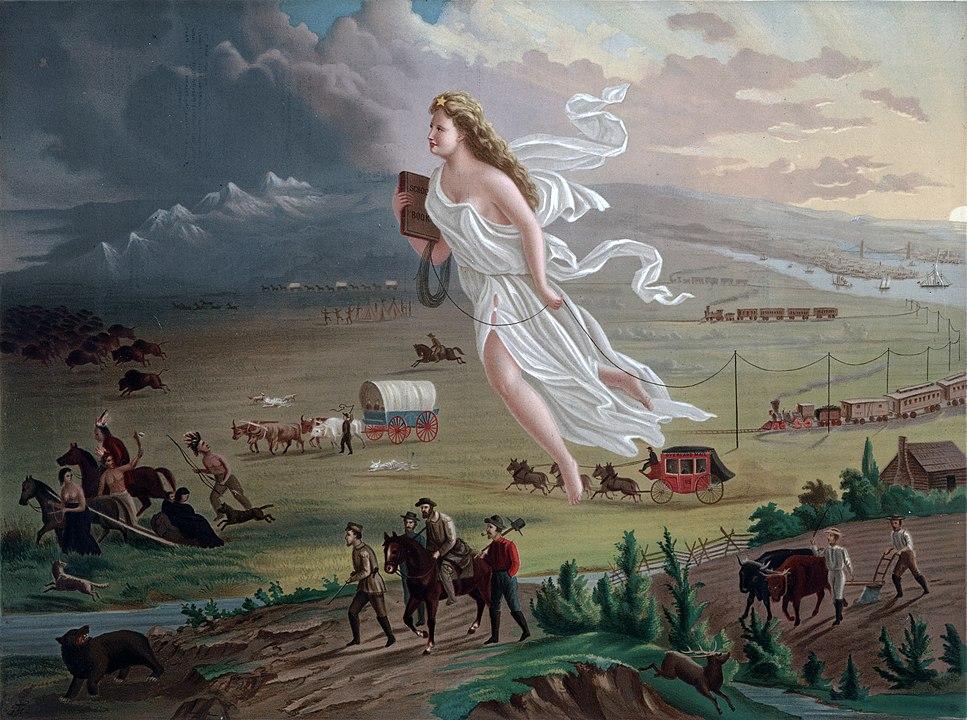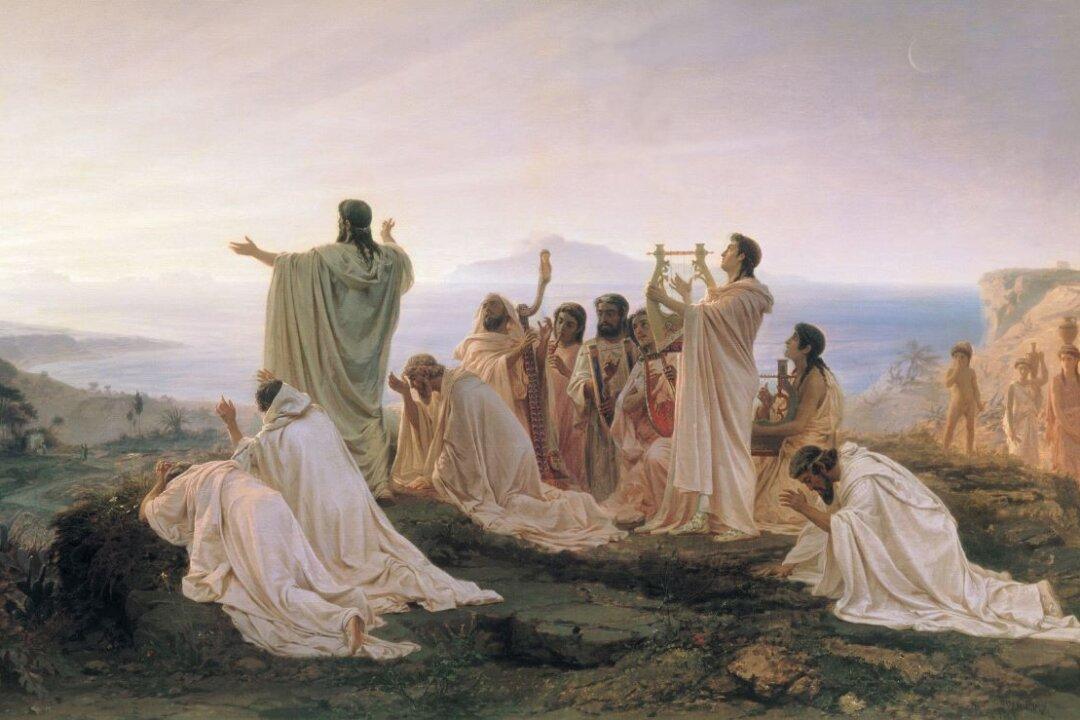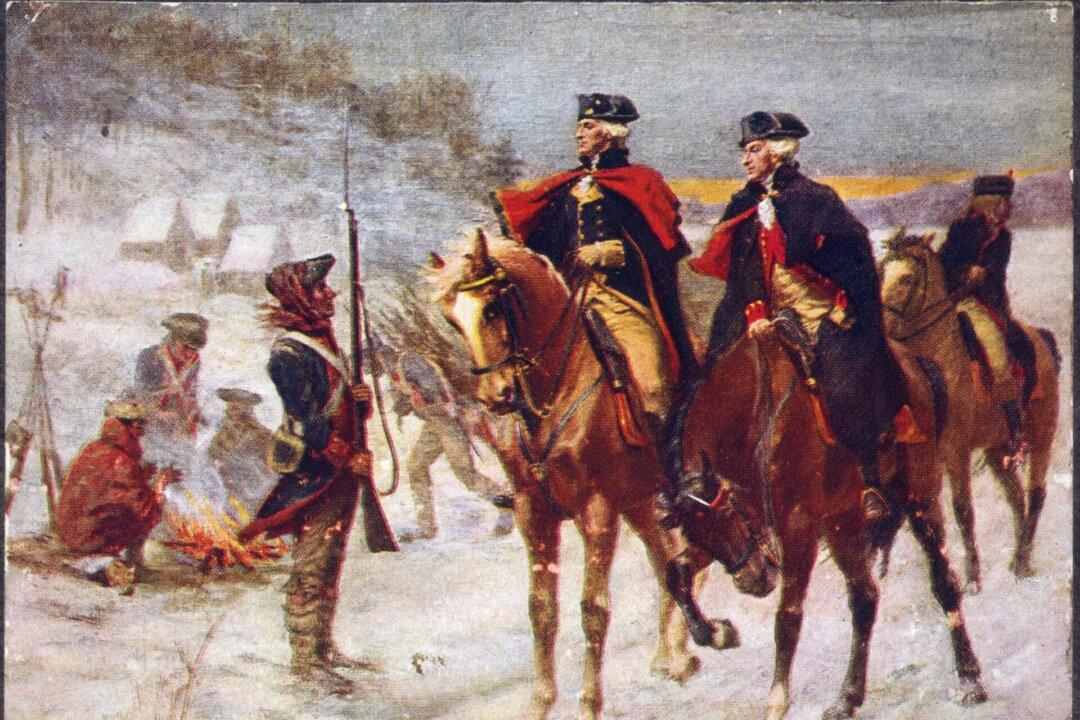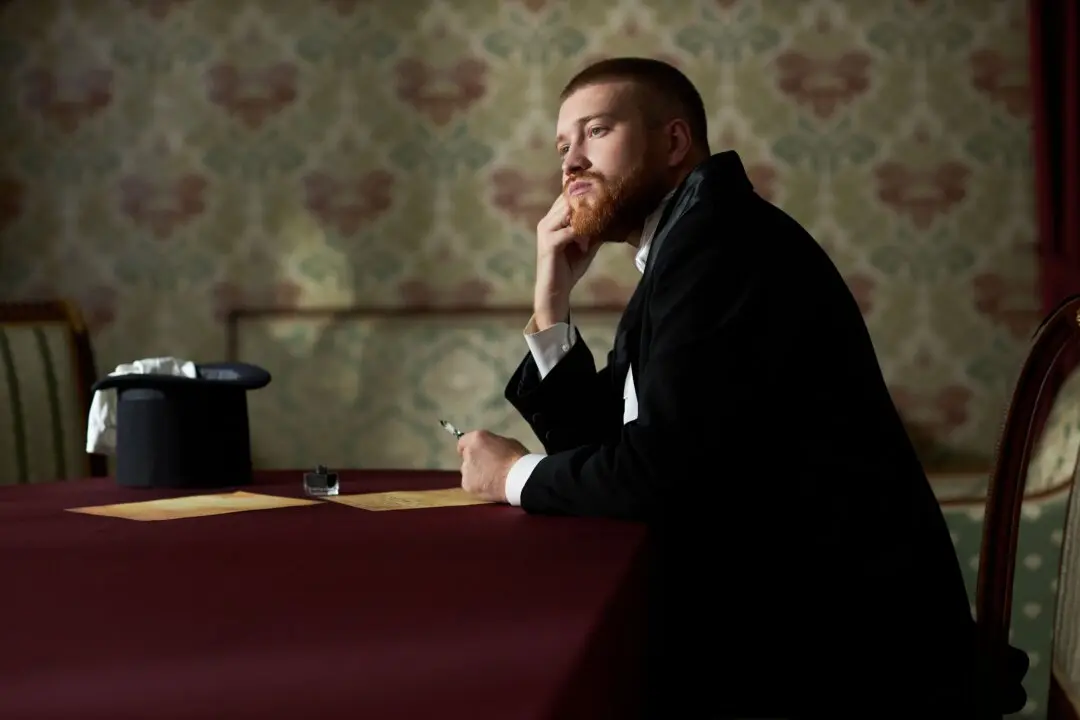Shaking hands is one of the lesser known hazards of being an elected official. Politicians are required to perform this ritual frequently. And after an entire day of it, one’s hand can hurt and could even be seriously injured in the hands of an overly zealous supporter. To efficiently avoid this risk, our 11th president, James K. Polk, developed a special method of shaking hands that allowed him to control the grip.
He even wrote about the “art” of this practice in his diary, stating that a person should “shake and not be shaken, grip and not be gripped, taking care always to squeeze the hand of his adversary as hard as he squeezed him.” Polk said that he himself would try to be “a little quicker” when seeing a “strong man” approach, “seizing him by the tips of his fingers, giving him a hearty shake, and thus preventing him from getting a full grip upon me.”





